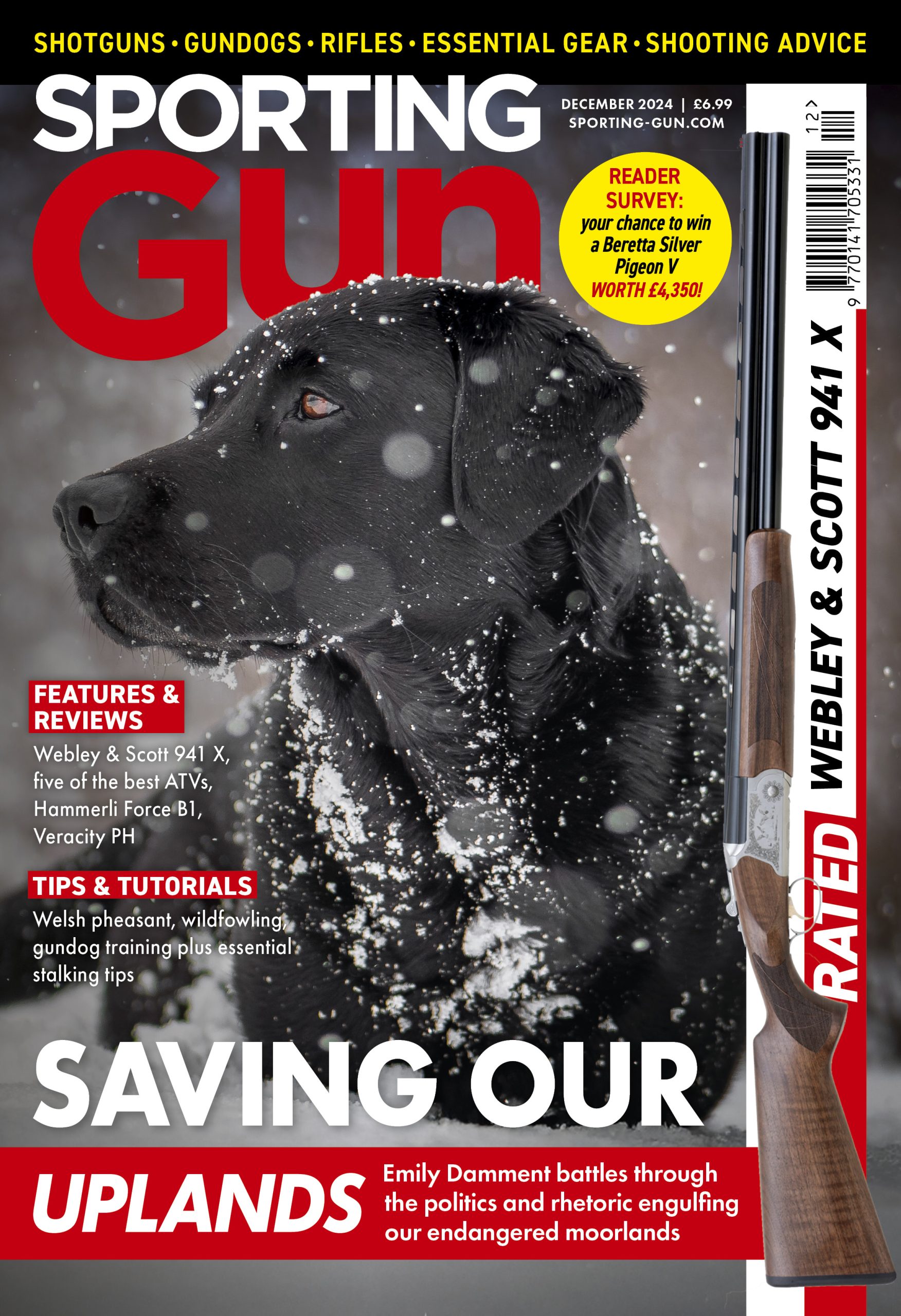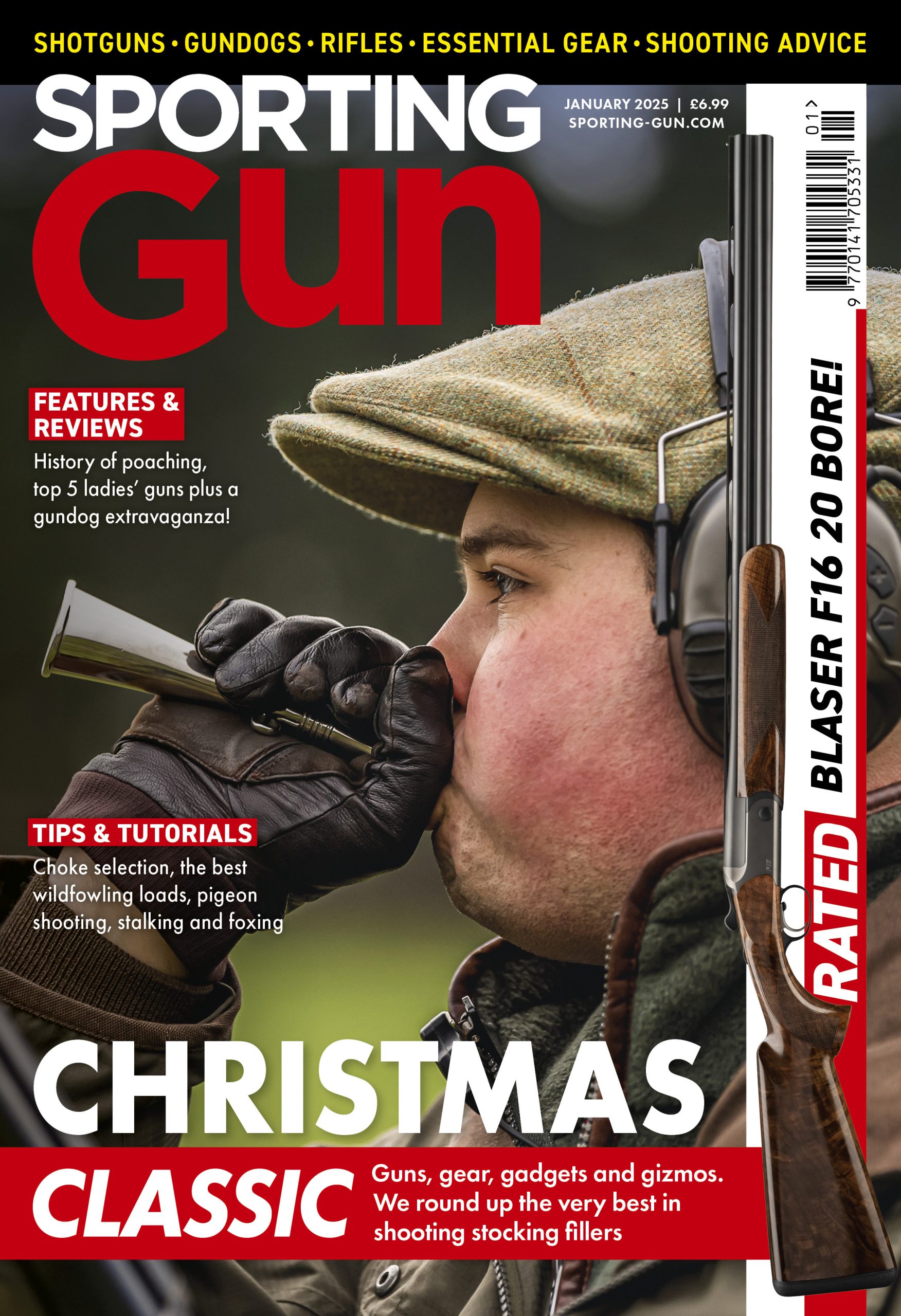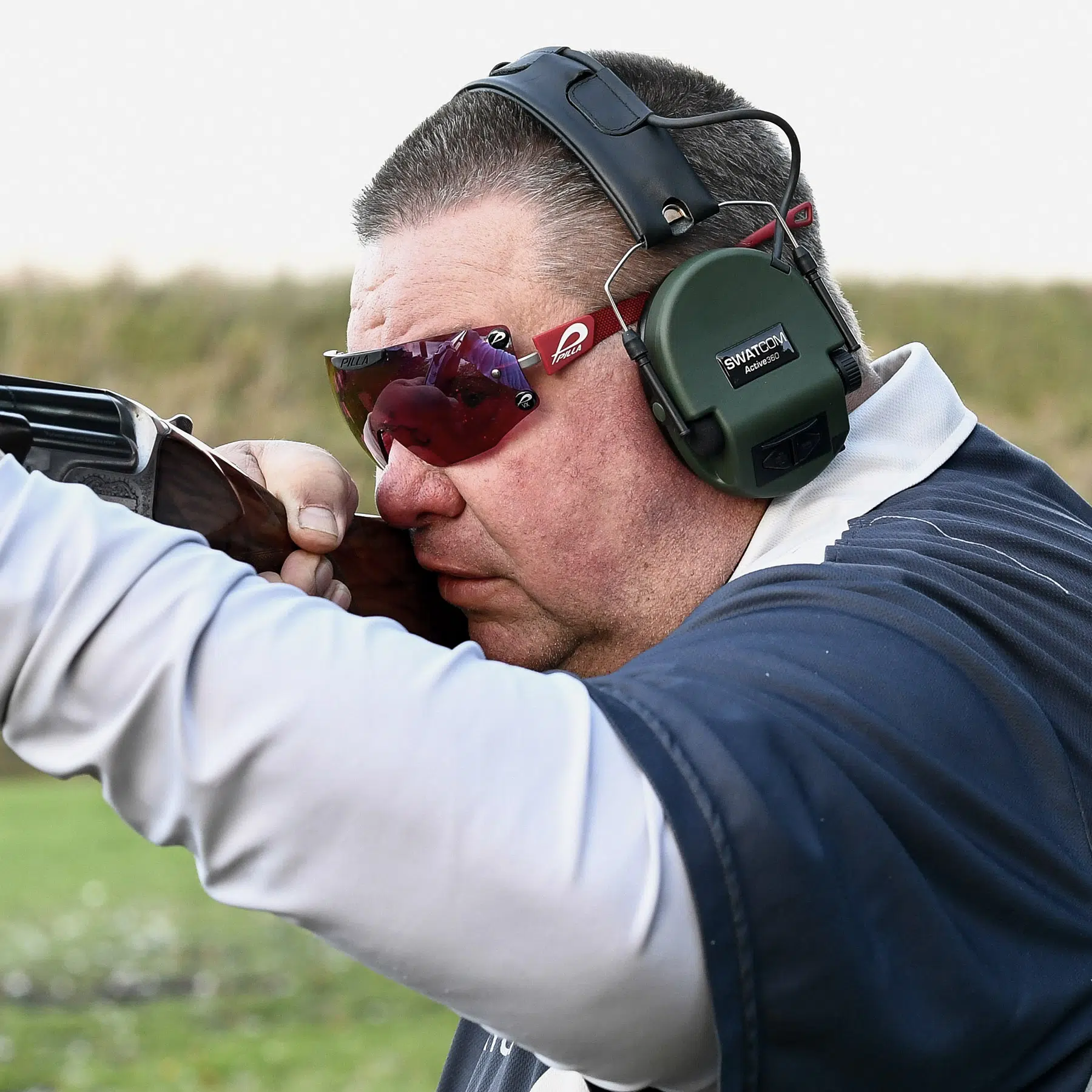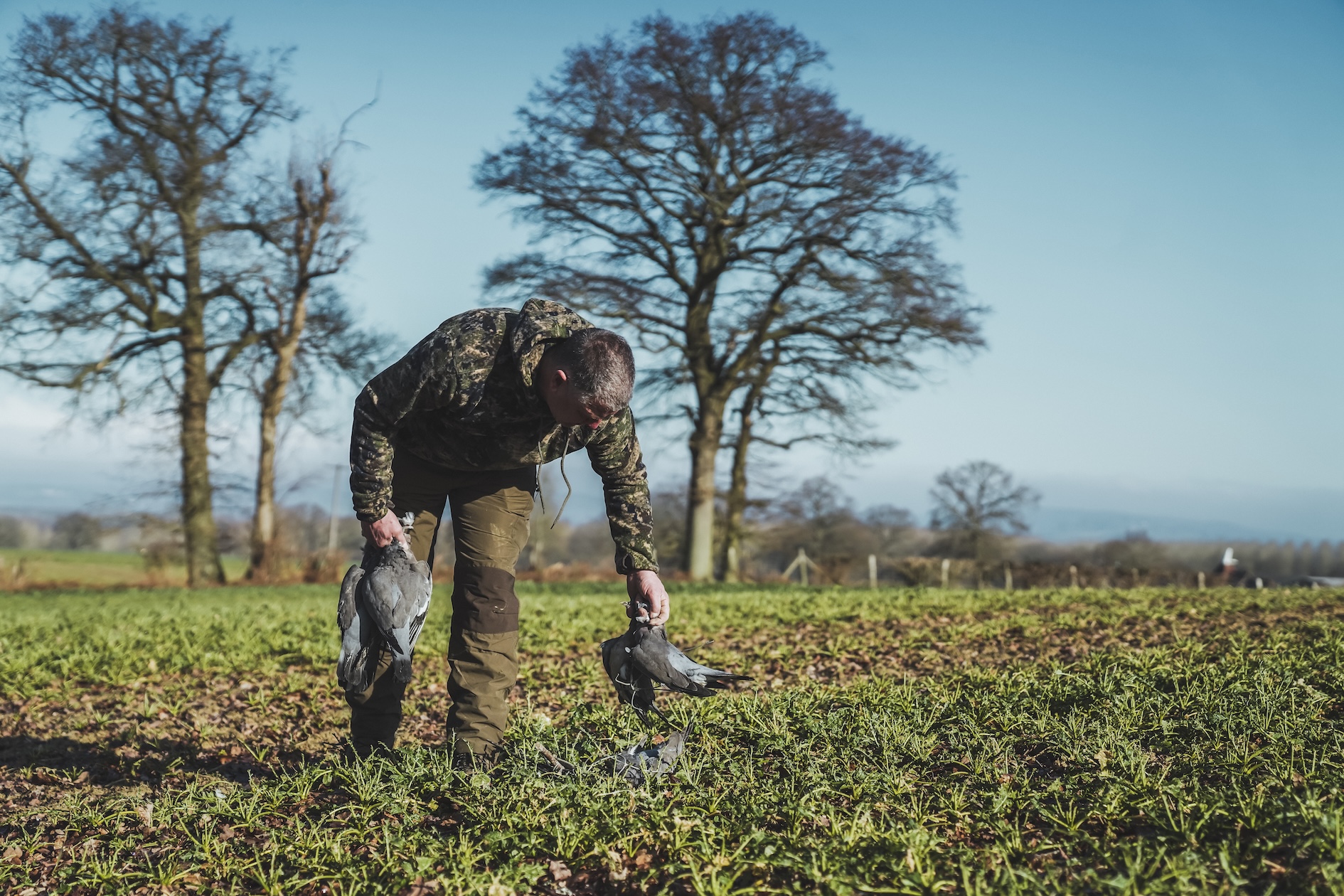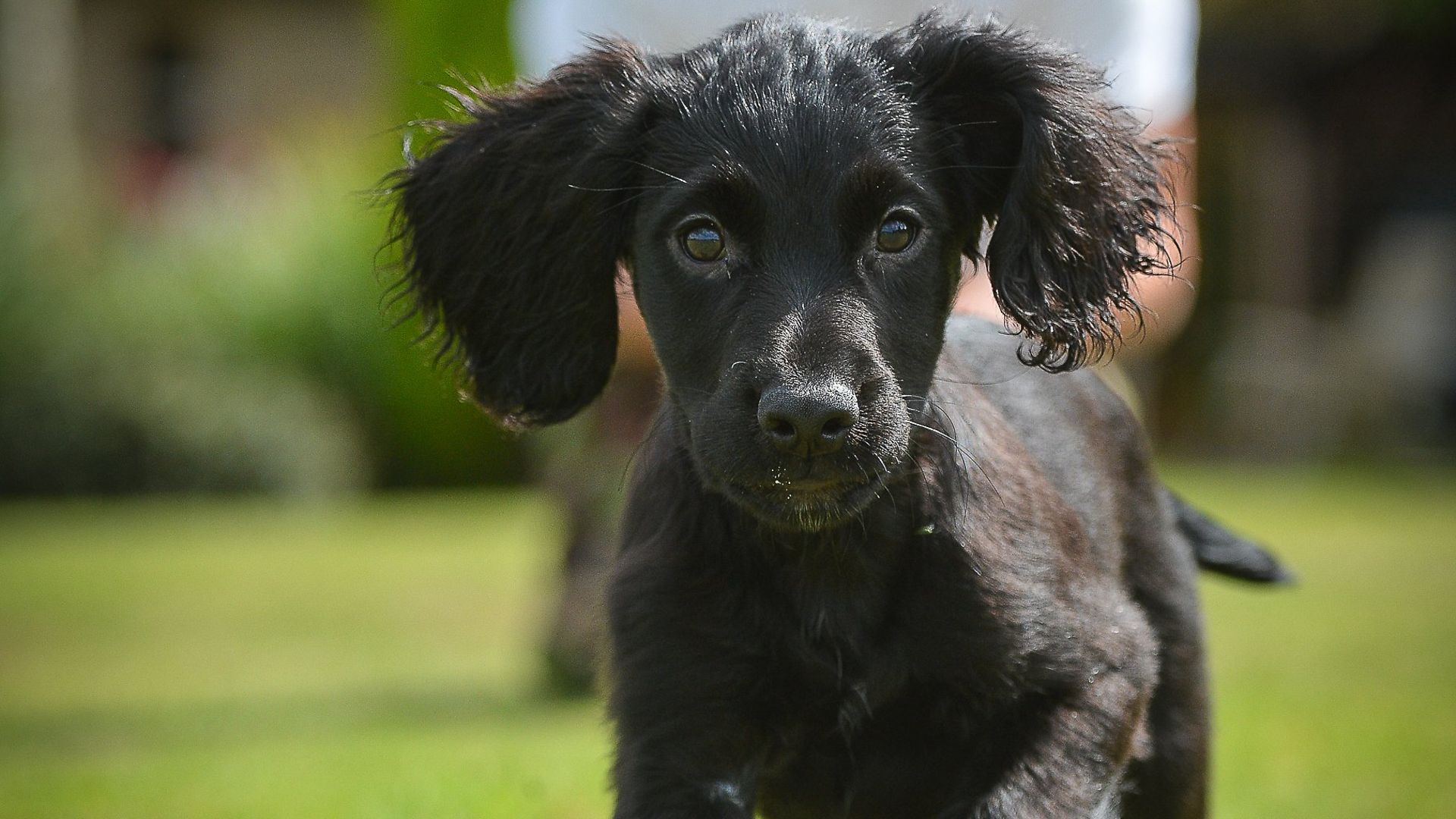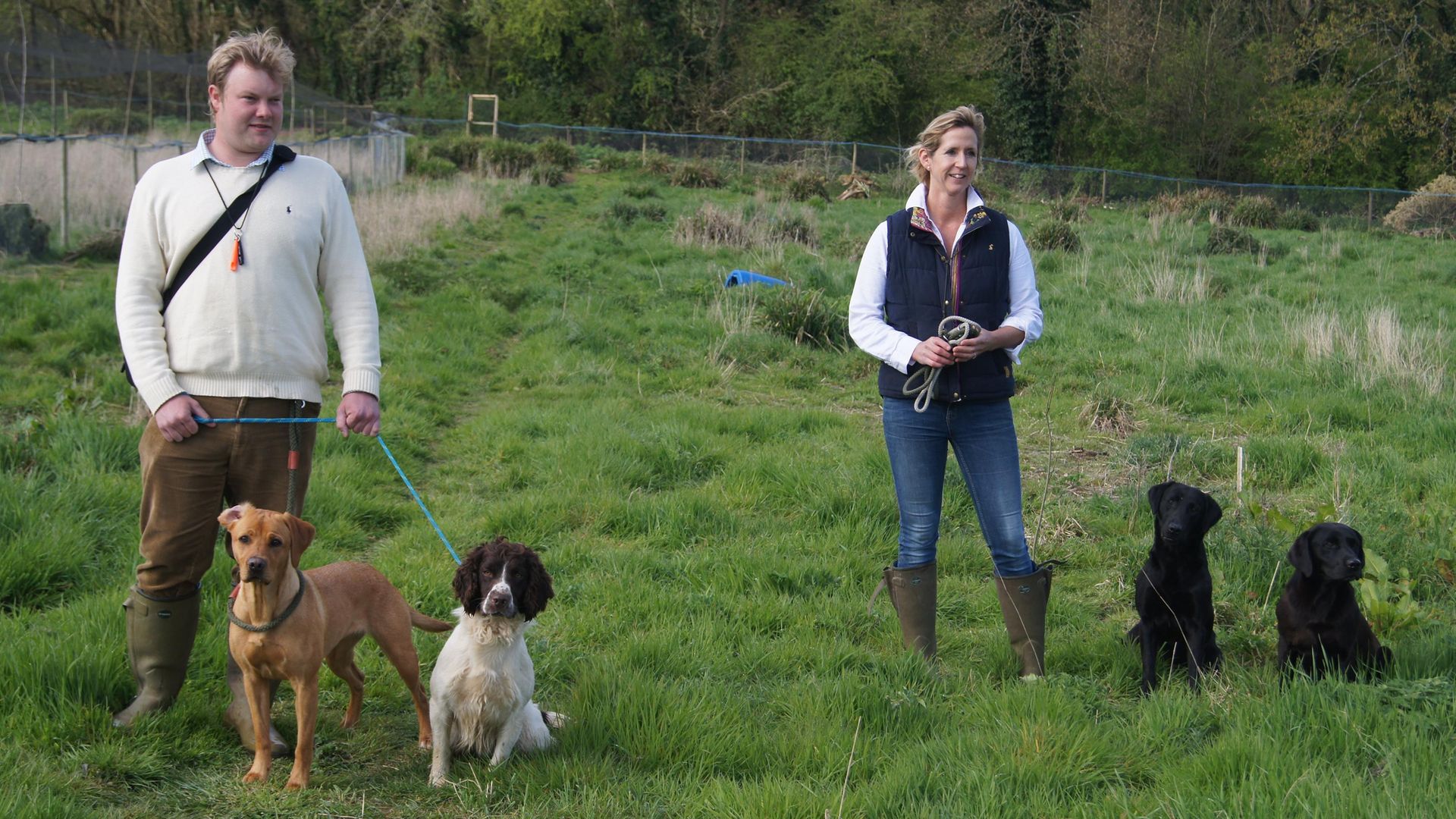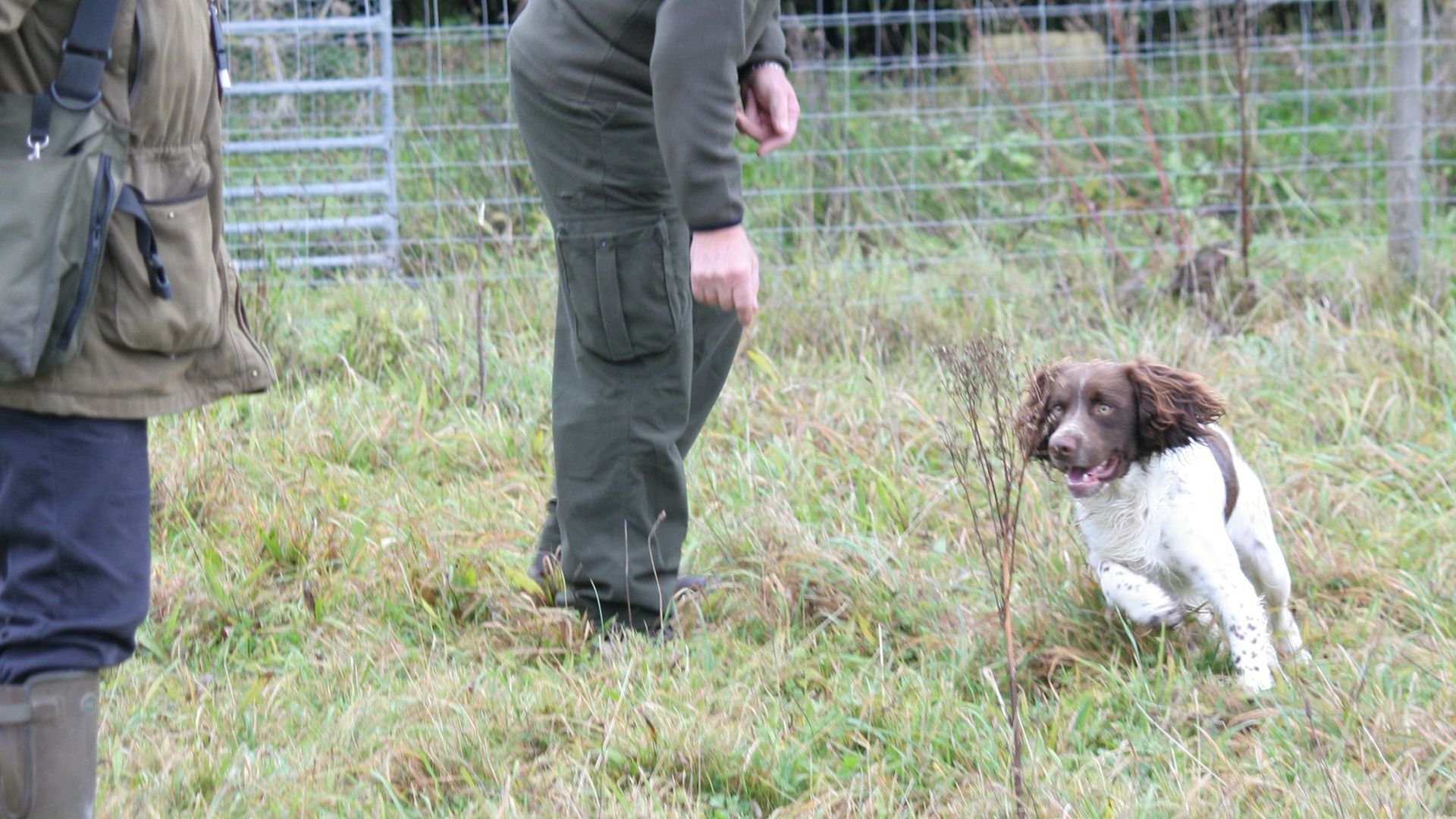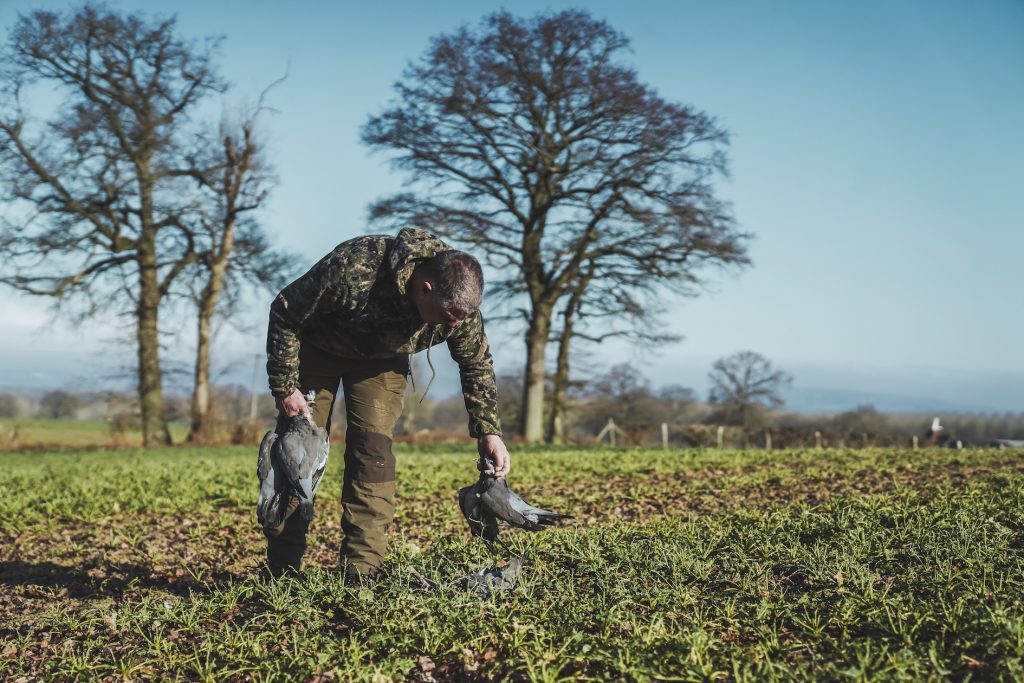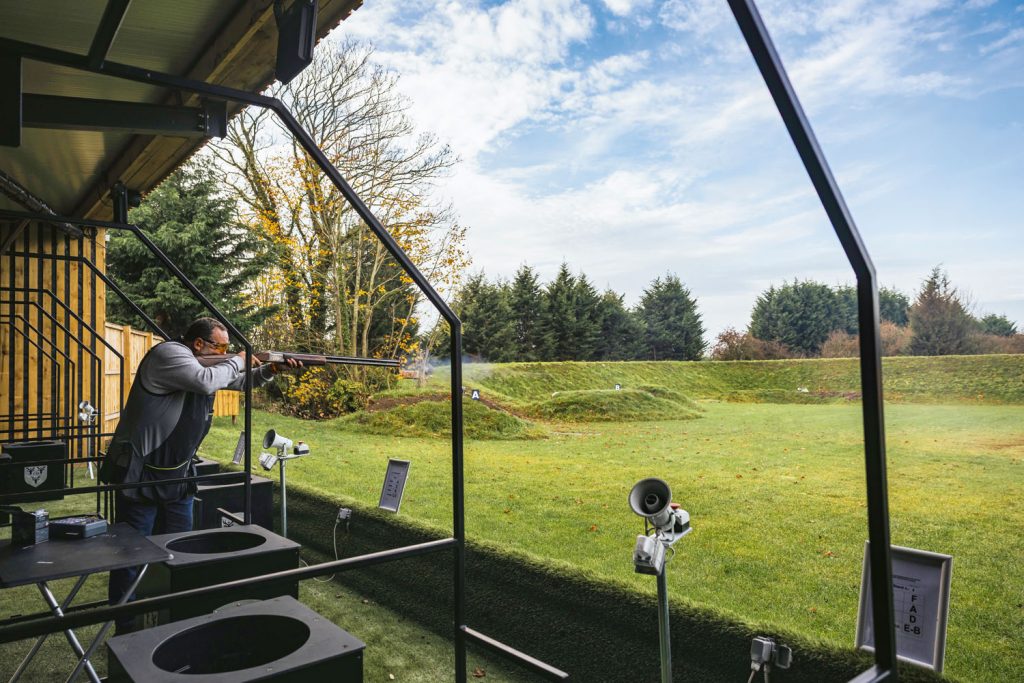★ Win a Schöffel Country shooting coat for everyone in your syndicate worth up to £6,000! Enter here ★
Understanding how genetics & rewards affect dog behaviour
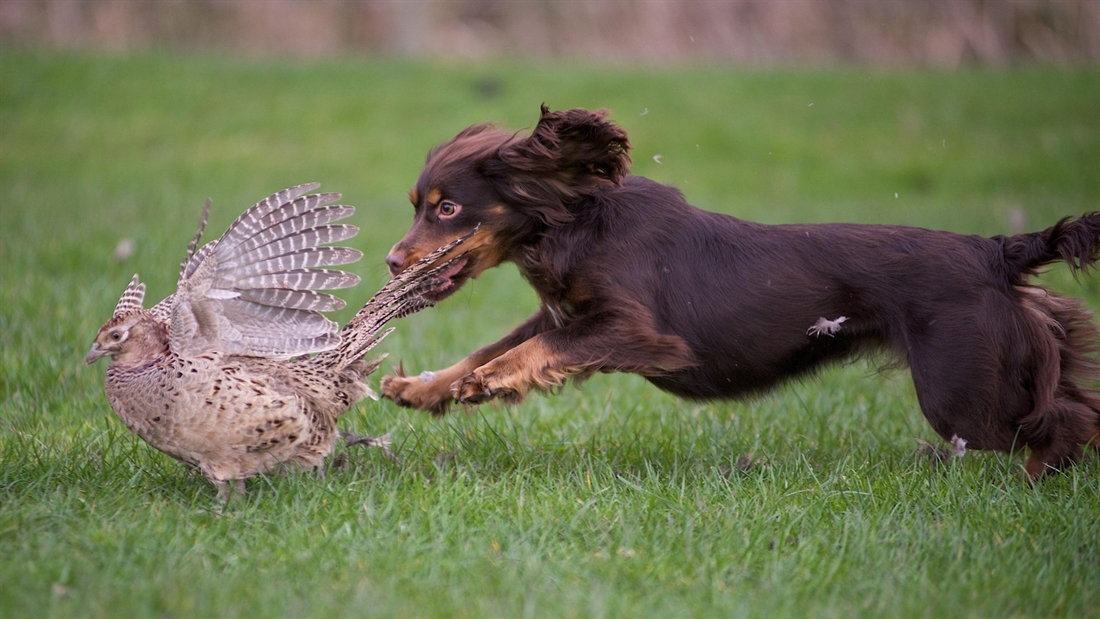
Understanding how your dog’s genetics – and your own reinforcement of certain actions – affect its behaviour will make you a better gundog trainer, says Howard Kirby
Whether you are training an adult dog or starting off with your first puppy I think it’s important to have as much knowledge about the fundamentals of dog training as you possibly can. Of course, there are no restrictions on when and who can own and interact with dogs, but we owe it to our canine partners to have, at the very least, an outline understanding of why they behave the way they do. We need to continue to learn and develop our understanding and techniques to be better able to shape their behaviour. Why? Because, we expect them to adapt to the complex rules and regulations of human society. This demands some behaviour that is neither obvious nor natural to them.
How genetics affect dog behaviour
Many owners we work with are surprised and caught out by the genetic hardwiring and subsequent levels of enthusiasm and energy-driven behaviours that our specialist gundog breeds display. Puppies that are selected from high-drive hunting lines, such as spaniels and some of the HPRs, don’t easily lend themselves to daily unsupervised ‘walkies’.
This is important, as most people that own these breeds are companion dog owners, and a daily walk with their dog is something they wish to enjoy. The general advice offered is that your dog should have x number of minutes of exercise per day. The problem is that this advice is often offered without any suggestions as to how that exercise might be taken. Unfortunately, many inexperienced dog owners naively interpret this to mean that their young puppy should be allowed to ‘free hunt’ as much as it likes.
This exercise plan is a course that gradually lures owners into difficulties. Initially, 12-week-old puppies choose to stay close and quietly explore an unfamiliar world. BUT… if allowed to explore without considerable levels of supervision, they quickly gain confidence and before you know it are off on an exciting, highly paid journey of discovery and REWARD. So now, without realising it, we’ve just blown our reward-based training plan out of the water.
Whilst charging around parks, fields and woodland, a young dog is quickly led by its eyes, ears and nose to people, dogs, birds, wildlife and game. Remembering that your gundog has been bred for generations to be predisposed to people, dogs, birds, wildlife and game, you should not be surprised that a young puppy quickly learns to revisit and actively hunt out these things, especially if you factor in the initial rewards that are offered by these ‘doggy delights’.
Reinforcing bad behaviour in puppies spells trouble later!
Particularly whilst they are still small, appealing and puppy-like, most interactions with other humans are met with excitement, encouragement and jumping up. This REWARDS the happy-go-lucky youngster and continues to REINFORCE this behaviour.
At first glance, this all looks harmless; in fact, it’s delightful. Unfortunately for the puppy, though, as he grows in size, strength and enthusiasm, he becomes less and less attractive to his new-found human friends. Suddenly, when he jumps up, he is met with vocal chastisement, aggression and sometimes he will be kicked or struck. His human friends have turned on him! What does he do now?
When it comes to meeting other/new dogs, most will enjoy the puppy-like advances and the young scamp will usually be rewarded with reciprocal play. But an unfortunate few pups will innocently introduce themselves to ‘the wrong sort’, leaving them physically scarred, occasionally paying with their eyes, limbs or lives. Psychologically, this will be a real game changer for many pups, leaving them with fearful behaviours that may lead to them becoming targeted victims. Some will move on from here and become fear- or eventually dominant-aggressive animals.
A dog that chooses to show aggression to other dogs or humans is often REWARDED when the ‘target’ retreats. This will now REINFORCE and fuel future decisions and behaviour. This development happens really quickly and can lead to what gets labelled as resource guarding in domestic environments.
Each and every time a young gundog bumps into game and wildlife, its genetic hunting wiring will be ‘fired’. Of all the reward-based training your dog will ever be exposed to, nothing will fulfil the ‘happy areas’ in its brain like these contacts. Fuelling a youngster with the opportunity to get prey in his mouth will REINFORCE hunting and chasing behaviours faster than you can scream “Fido Nooooooooooooooooo!”
Once learnt, the REWARD and REINFORCEMENT cycle will see your dog running wild.
How to correct and re-educate a badly behaved dog
So, hypothetically speaking (because of course you would never allow this to happen), let’s assume that your gundog has learned to run wild every time you let it off the lead. You’ll now need to seek out some professional advice.
Obviously, we’ll be using reward-based training methods to re-educate this badly behaved hooligan, right?
Unfortunately, it’s unlikely, because if you’ve been following this article, your dog has spent the last six months of its life on a SELF-REWARDING high. Initially, it was getting a fix by charging up to excitable humans and dogs. These will sometimes still offer rewards. But, by now, the dog will be getting REWARDS by the shed-load, as it gallops around chasing any small creature or bird that it can get near. The REWARDS gleaned from this type of exercise are ‘right up there, man’!
You will need to seek out and pay for the advice of a trainer that has reschooled and trained more dogs in a week than you will have worked on in a lifetime. That trainer will likely have been doing this work for years. The trainer will probably sit you down, and ask, among other stuff: “What motivates your dog?”
Maybe you’ll say: “My dog is brilliant when we’re at home in the garden, but when we go to the park, fields or woodlands, he becomes really stubborn. He’s really difficult. My friends tell me all Labradors, cockers, springers and HPRs are difficult like him. He’s not interested in me, food or a dummy. I just don’t understand how we ended up with such a difficult dog.”
The trainer, by the way was just being polite. Unfortunately, they knew you were going to say that. Now this is where the really good trainers differ, and I’m never sure just which, if either, is better. Some will work on you gently whilst others will give you both barrels.
However you get to hear it, both you and your dog are going to have to make some changes. For you, it will be about listening and application. For your dog, he would have probably preferred that you had taken this trainer’s advice before you went and collected him. Life would have been much more straightforward.
Don’t worry, though, all is not lost! With a fresh approach, we’ll be able to encourage the dog to look to you for REWARD. This new approach will allow us to REINFORCE and subsequently establish learned behaviours. With regards to CORRECTIONS, expect them to come your way, thick and fast. Gradually, your trainer will be able to show you how to use the occasional correction to establish new behaviour in your dog. Me… I’m off to put on my flak jacket and helmet in anticipation of incoming fire.
Dog ownership should be great fun, so do your best for your dog and Keeeeeep Training.
Related Articles
Get the latest news delivered direct to your door
Subscribe to Sporting Gun
Subscribe to Sporting Gun magazine and immerse yourself in the world of clay, game and rough shooting. As the leading monthly publication for passionate shooters at all levels, Sporting Gun delivers expert advice, practical tips and in-depth reviews to enhance your skills and enjoyment of the sport.
With features ranging from gundog training to pigeon shooting, and wildfowling to equipment recommendations, you’ll gain valuable insights from professional shooters and industry experts. A subscription not only saves you money on the cover price but also includes £2 million Public Liability Insurance, covering the use of shotguns, rifles and airguns for both recreational and professional use.
